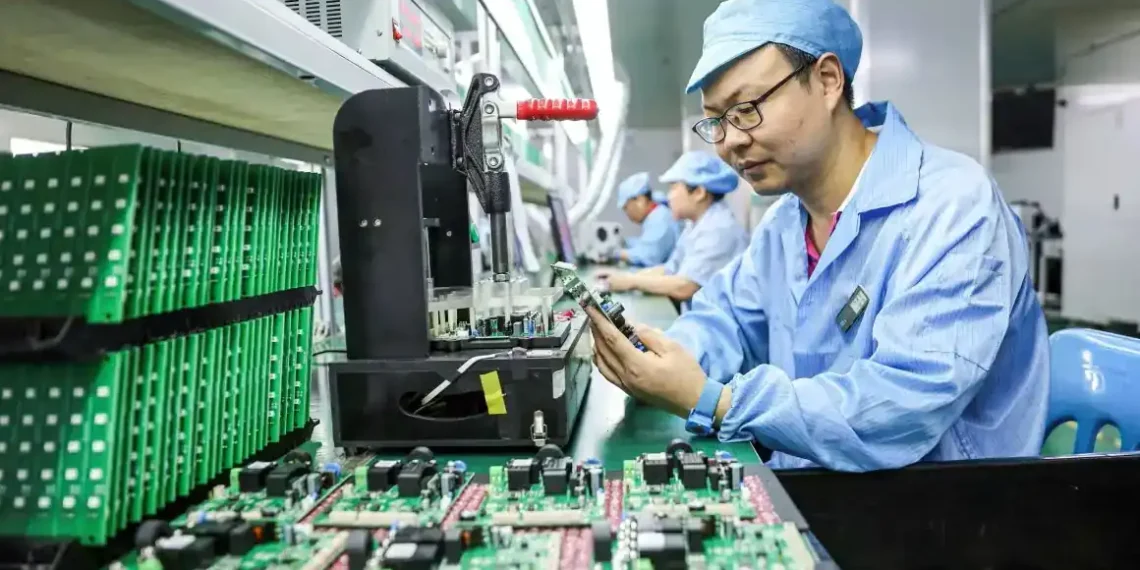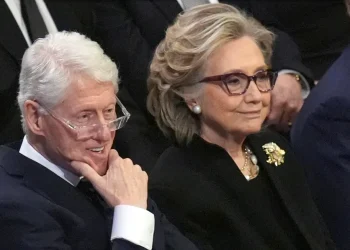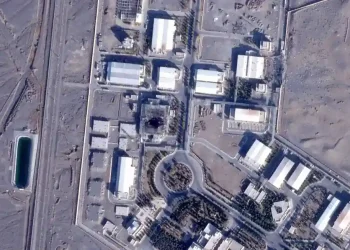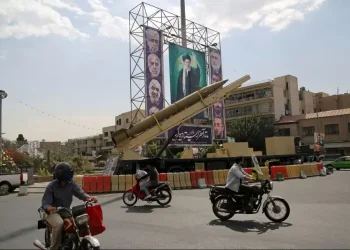China Tightens EV Battery Tech Exports to Protect Industry Lead
China is putting new limits on the export of electric vehicle (EV) battery technology, a move that could shake up the global EV market. The restrictions aim to protect China’s edge in battery production, just as other countries are trying to catch up.
The new rules target key technologies used to make lithium-ion batteries and process lithium, a vital material for powering EVs. Any company that wants to share these technologies overseas will now need a special license from the Chinese government.
What the New Export Rules Mean
The Chinese Ministry of Commerce announced that certain battery production and lithium processing technologies are now part of its official export control list. This means any international trade, investment, or technical cooperation involving these technologies will require government approval.
These restrictions follow similar ones made earlier this year on rare earth materials—resources used in EVs, smartphones, and even fighter jets. China’s ability to control access to these materials has become one of its strongest tools in the growing tech rivalry with the U.S.
China currently dominates the EV battery space. According to SNE Research, Chinese companies control over 67% of the global EV battery market. With the new rules, China is making it harder for others to replicate the processes that gave it this lead.
Why This Matters for the Global EV Market
Many global automakers rely on Chinese battery producers. Companies like CATL, BYD, and Gotion are major suppliers and have even built factories or formed partnerships overseas. CATL, for example, is working with Ford on a new plant in Michigan. Ford says it’s not affected by the new restrictions—for now.
However, experts say it’s too early to tell how deep the impact will be. Liz Lee from Counterpoint Research noted the rules focus on upstream processing technologies rather than final battery assembly. That could mean companies making batteries outside China may still face fewer short-term disruptions.
Even so, the rules may slow down international plans. Chinese battery makers are expanding into Southeast Asia, Europe, and the U.S.—and this added licensing step could delay projects.
China’s Hold on LFP Battery Tech
One of the key technologies now under restriction involves lithium iron phosphate (LFP) batteries. These are a cheaper and safer type of battery that has become especially popular in China. In fact, China controls 94% of global LFP production capacity and 70% of refined lithium output, according to Fastmarkets.
LFP batteries are less common in U.S. and European EVs, but that’s changing. Analysts say their lower cost is attractive for more affordable models, and automakers in the West are looking to increase their use.
Still, even if LFP batteries are made outside China, many of the materials and tools still come from Chinese suppliers.
What Happens Next?
The impact of China’s new EV battery export rules may not be felt right away. Analysts say companies like CATL and BYD are still in a good position since their overseas factories mostly focus on final assembly, not restricted processes.
But if licensing becomes stricter or slower, it could push countries like the U.S. and EU to invest more in local supply chains. That’s something policymakers have been calling for already.
As China tightens its grip on key EV technologies, the rest of the world may have to speed up its efforts to become less dependent.
This article was rewritten by JournosNews.com based on verified reporting from trusted sources. The content has been independently reviewed, fact-checked, and edited for accuracy, neutrality, tone, and global readability in accordance with Google News and AdSense standards.
All opinions, quotes, or statements from contributors, experts, or sourced organizations do not necessarily reflect the views of JournosNews.com. JournosNews.com maintains full editorial independence from any external funders, sponsors, or organizations.
Stay informed with JournosNews.com — your trusted source for verified global reporting and in-depth analysis. Follow us on Google News, BlueSky, and X for real-time updates.













